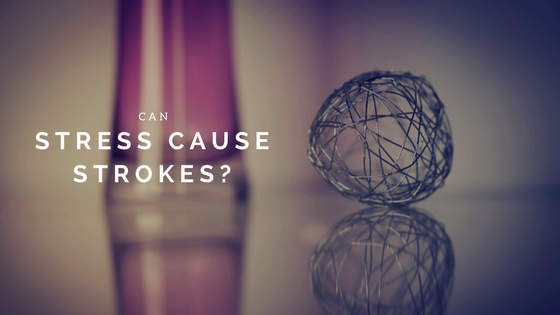In this radio interview, Dr. Aarush Manchanda discusses whether stress can induce strokes, what the warning signs are, and how we can actively improve our heart health.
Following the deaths of Debbie Reynolds and Carrie Fisher, the interviewer aims to raise the awareness of women and heart health. She opens by asking Dr. Manchanda whether stress can cause strokes. He explains that stress is one of the biggest culprits for a lot of diseases (strokes, heart attacks, and diabetes, to name a few) and mental health problems. And when it comes to strokes, it’ll raise your blood pressure, which means that when the pressure gets too high, your arteries could burst.
To make all of this easier for the laymen to understand, Dr. Manchanda has written a book titled Your Heart House: An Artisan’s Approach to Heart Health, which helps to explain everything in much more detail.
Protecting Your Heart Health by Knowing the Warning Signs
To detect whether someone is having a stroke, heart doctors and other specialist organizations (e.g. American Heart Association) use the acronym FAST, which stands for:
F – Facial drooping
A – Arm weakness
S – Speech difficulties
T – Time to call 911
Dr. Manchanda also explains that people at a higher risk of suffering from strokes are those who have a family history of them, have an irregular heartbeat (atrial fibrillation), have high blood pressure or cholesterol, or are getting old.
What Should Patients Ask Their Doctor About Heart Health?
Dr. Manchanda is asked what questions he would like his patients to raise when they visit their doctor. He explains that if they are in the high-risk group, they should be asking their doctor whether there are any new techniques that will help. They should also ask how they can prevent heart attacks or strokes.
He explains that the problem with current checkbox medicine is that doctors can only check 3 or 4 boxes. For example, the doctor might have to choose to note whether you have a family history of strokes or you have high blood pressure. This means that the treatments are the same for many, such as taking aspirin or cholesterol-lowering pills, and people don’t like the lack of a customized approach.
Prevention is better than waiting for a cure. And as Dr. Manchanda’s book title suggests, an “Artisan’s Approach” is needed because one size doesn’t fit all. Therefore, by asking your doctor what new techniques there are and how you can prevent a stroke/heart attack, you’ll be using the “Artisan’s Approach.” A lot of money is being spent on this type of medicine because it provides patients with a tailored treatment plan that is much more beneficial in the long run.
Doctors like Manchanda are a fountain of knowledge, but don’t be afraid to push their boundaries and ask questions about innovative new techniques that could save your life.


Leave a comment